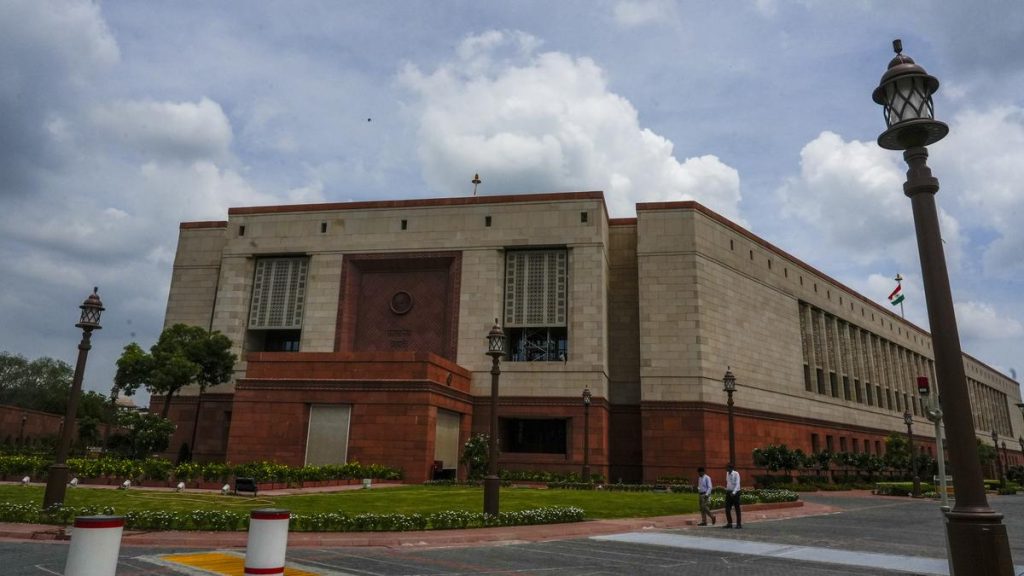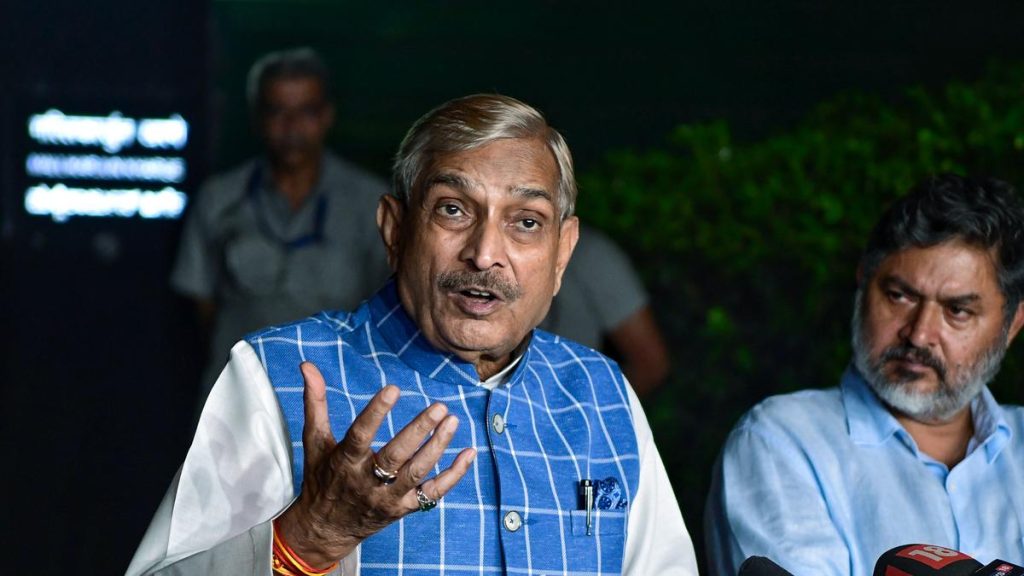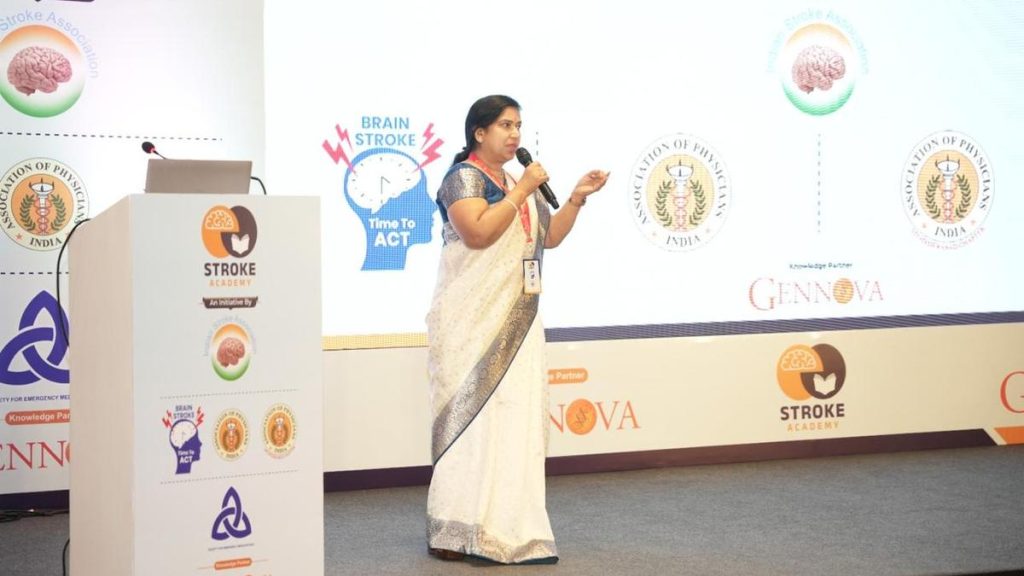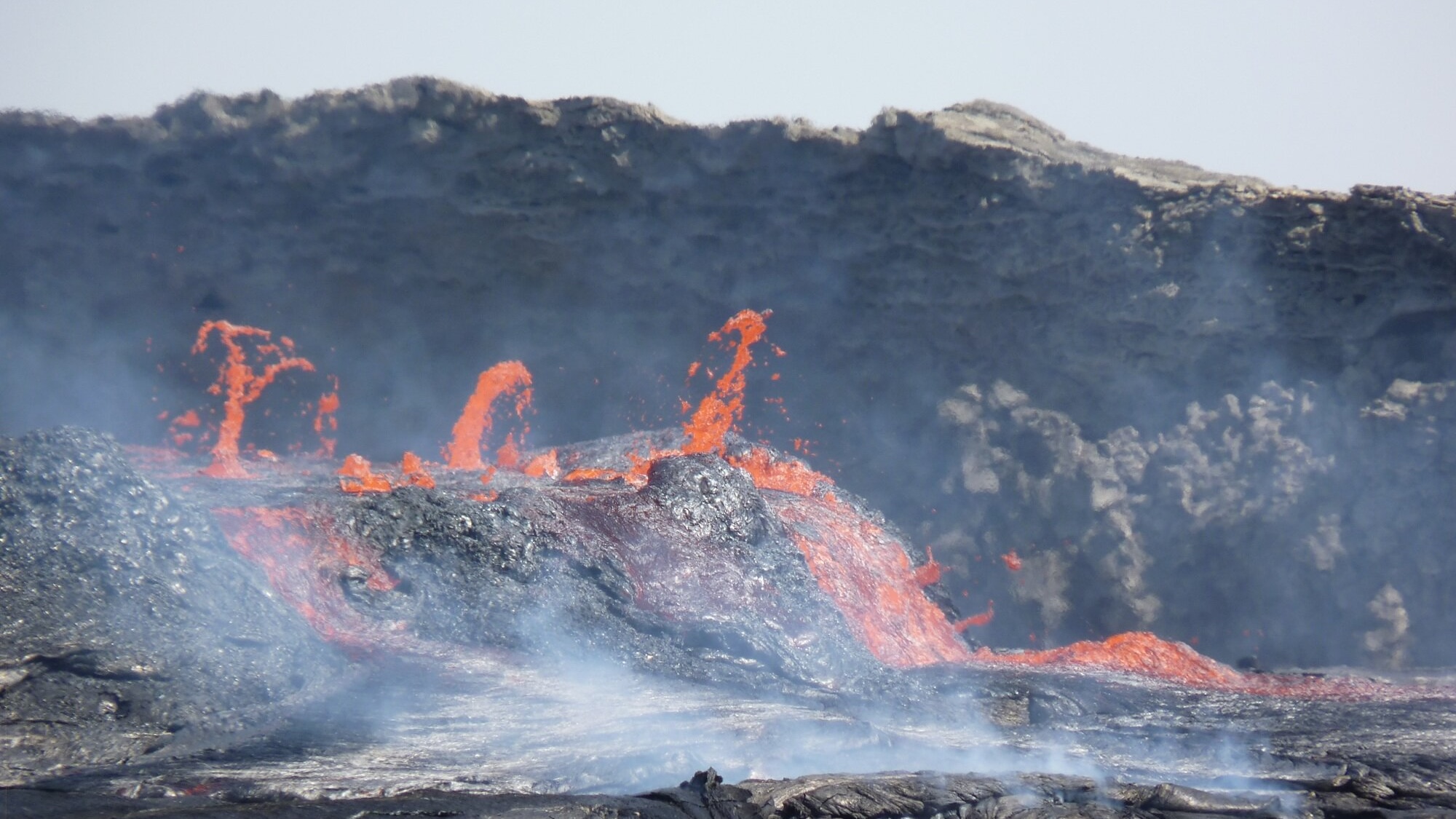Now Reading: Einstein’s Letter on Atomic Bomb Fails to Sell at Japan Auction
-
01
Einstein’s Letter on Atomic Bomb Fails to Sell at Japan Auction
Einstein’s Letter on Atomic Bomb Fails to Sell at Japan Auction
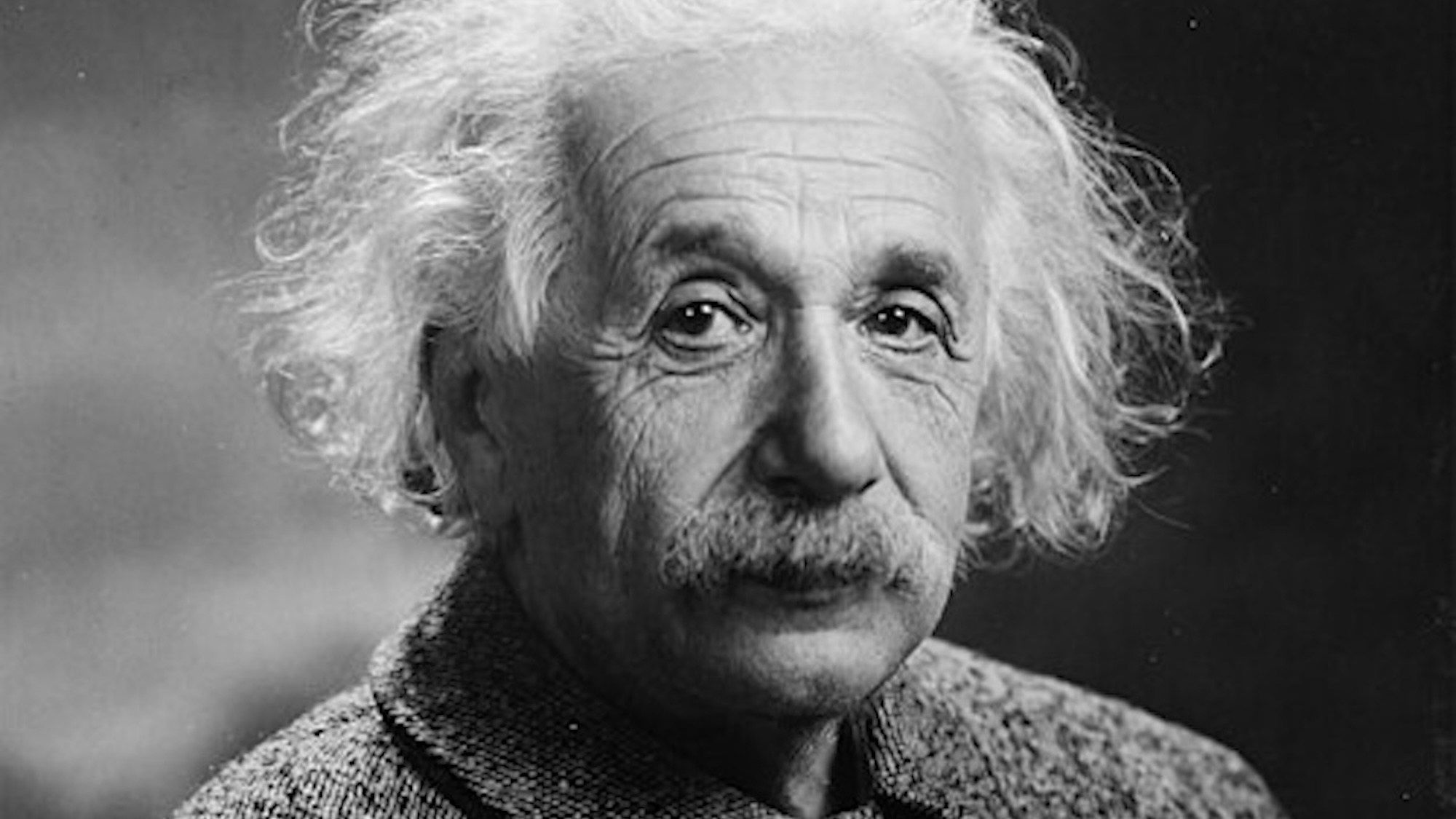
Quick Summary
- Albert Einstein openly reflected on his role in the creation of the atomic bomb through a detailed letter published in Japanese magazine Kaizō in 1953.
- The letter was appraised for $100,000-$150,000 by Bonhams but failed to sell at auction this week.
- Einstein’s contribution to the atomic bomb project was limited to signing a 1939 letter urging President Franklin D. Roosevelt to develop nuclear weapons amid fears that Nazi Germany could win the race.
- In his Kaizō response,Einstein reiterated his pacifist beliefs and expressed regret over acting out of fear despite knowing the “dreadful danger” such weaponry posed for humanity.
- He criticized society’s tendency toward war and armament races, describing them as paths leading inevitably to universal destruction.
- The physicist admired Mahatma Gandhi’s philosophy of nonviolent resistance, calling him “the greatest political genius of our time.”
- Privately and publicly throughout his life, Einstein referred to this act as “one great mistake” he never forgave himself for.
Images:
- Portrait of Albert Einstein (Credit: Wikimedia Commons)
- Page 1 of Einstein’s letter advocating for nuclear progress (Credit: US Department of Energy)
- Page 2 of Einstein’s letter advocating for nuclear development (Credit: US Department of Energy)
Indian Opinion Analysis
Einstein’s reflections on the catastrophic potential and ethical dilemmas surrounding nuclear weapons provide timeless insights into scientific responsibility and global consequences. His admiration for Mahatma Gandhi underscores india’s role in shaping global conversations on peace-building through nonviolent methods-a philosophy still resonant in international discussions today.
India is uniquely positioned given its historical commitment to nonproliferation coupled with technological advancements in civilian nuclear capacity.Scientific contributions like those from landmark discoveries can influence national policy debates balancing progress with ethics-similar challenges India faces regarding energy sustainability versus environmental risks.
For Indian policymakers seeking inspiration or rigorously analyzing technology-driven decisions under moral frameworks, examples like Einstein’s legacy are crucial reminders about weighing immediate stakes against long-term societal costs responsibly.
Images included highlight original archival content crucial historical relevance Validate


